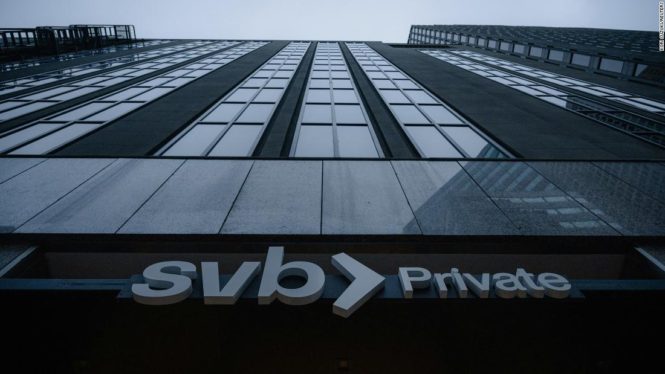Shares of First Republic Bank are off 29% in early-morning trading as investors digest its first-quarter earnings results, which came out yesterday after the bell. The bank reported revenue and profit above analysts’ expectations, but for investors, other concerns outweighed the good results.
Chief among those concerns is a massive decline in the bank’s deposit base. Deposits help provide a foundation for banks to lend against and therefore derive net interest income on the difference collected on loaned capital and interest paid out to depositors.
Let’s take a look at how things have been at First Republic. The bank closed 2022 with $176.4 billion worth of deposits against $166.9 billion in loans, but by the end of Q1 2023, it had $104.5 billion in deposits against $173.3 billion in loans.
This massive decline in First Republic’s deposit base was triggered by the dramatic implosion of Silicon Valley Bank, which collapsed after a run on its own deposits, leaving the startup and venture capital worlds absolutely rattled.
First Republic came under pressure quickly afterwards, as its customers were concerned that it might follow SVB into receivership, and saw unusually large outflows from its own deposit base. The company’s share price was decimated in the process, falling from around $115 on March 8 (when SVB announced after-hours that it was making a series of financial moves, which helped precipitate the bank run) to $16 at the end of trading yesterday.
This morning, the bank’s shares are down to around $11.26 apiece.
First Republic’s results are proof that the SVB meltdown was brutal for smaller banks by Alex Wilhelm originally published on TechCrunch
https://techcrunch.com/2023/04/25/first-republic-results-svb-impact/




